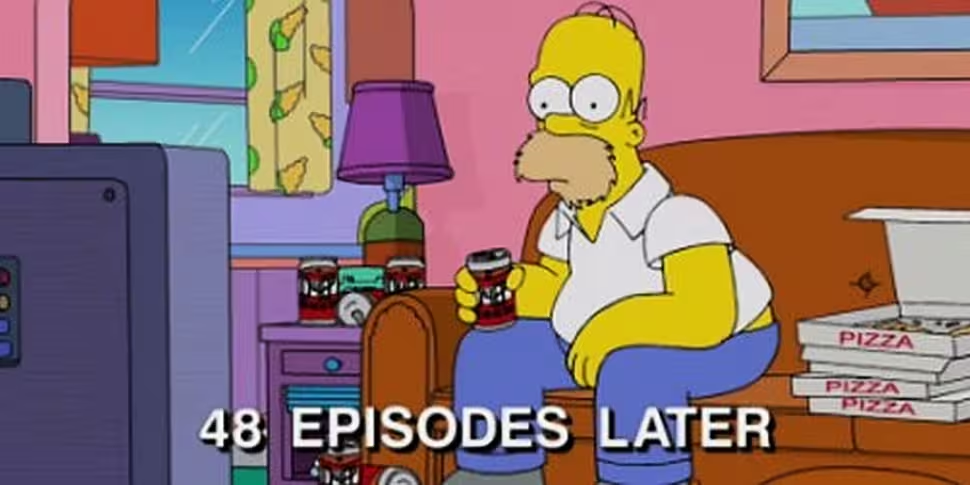A few months ago, Netflix announced that its engineers had figured out the exact episode at which viewers streaming its content got so into a series that they would statistically plough through the rest of the series. Calling it the Hook Episode, the media giant reckoned that when it comes to House of Cards, its award-winning political soap opera, 70% of viewers will make it all the way to the Oval Office.
Now Netflix’s relatively unscientific study has been backed up by recent research in the Journal of Health Psychology, in which a group of scientists decided to analyse the concept of binge-watching and what motivates viewers to partake in it.
Defining a binge as watching more than two episodes of the same show in one sitting, 86 TV-viewing volunteers answered a survey about how they consume television shows, paying attention to how much time they spent at it, how that interrupted other tasks they wanted or had planned to do, and what amount of regret they expected to feel after getting off the couch and turning off the TV. The researchers also asked the volunteers to offer some insight into their decision-making processes, explaining whether a binge was a conscious decision or a passive inevitability as one episode segued into the next?
After looking at the statistics, the study showed that TV viewers were more likely to binge if they perceived it as an automatic rather than active process – which offers some solace to those who’d perhaps like to break the cycle in the future.
“The role of automaticity suggests that interventions aiming to address problematic binge watching (e.g. due to increased sedentary activity) could consider techniques that address automaticity,” the study says. “For example, some online streaming services include inbuilt interruptions after a number of consecutive episodes have been viewed.”
In short, that means that when Netflix’s graphics start counting down to the next episode rather than starting it automatically, some viewers can be forced out of a dazed binge, allowing them to break the cycle.
The other takeaway from the study was that viewers had a greater sense of anticipated regret when a TV binge conflicted with another planned activity – suggesting that most of us do have the sense not to sit down for hours at a time when we’ve busy schedules.









